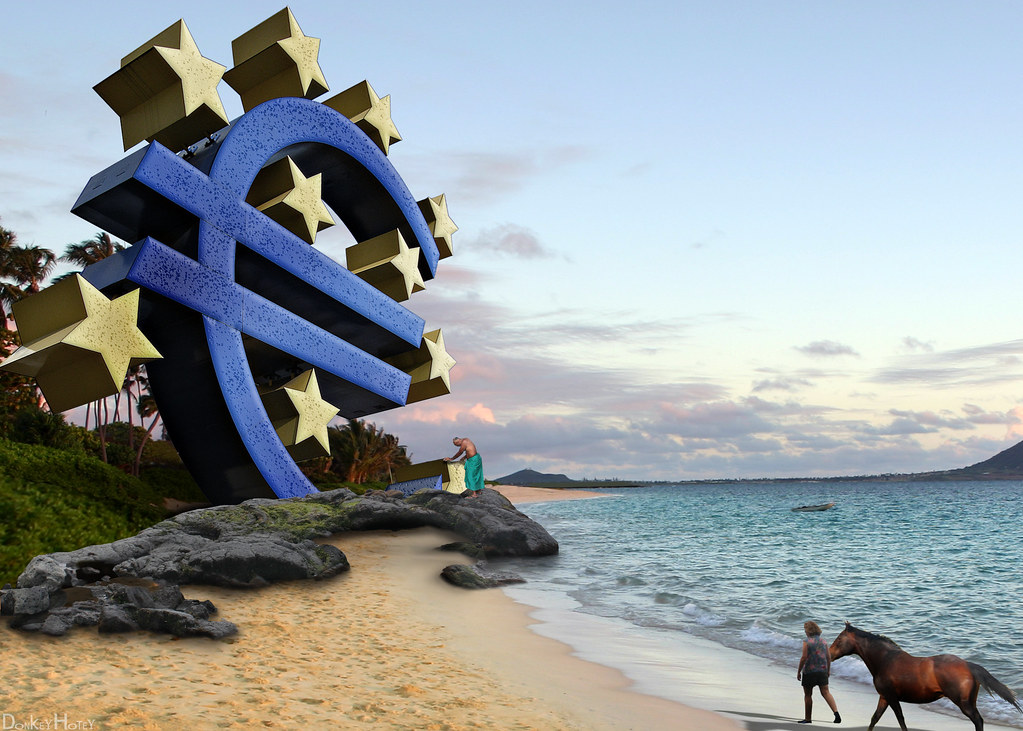(Photo credit to DonkeyHotey)
Recently there have been political analyses of the political constraints in the Eurozone and the realm of international economic coordination. In short, these articles remind us that the nation state is not yet dead, and that the various dimensions of domestic politics need to be incorporated in any grand vision of a deep globalization. Cowen's NYT article also has some golden lines about the evolving global regime. First is that a power vacuum makes international coordination increasingly difficult:
We are realizing just how much international economic order depends on the role of a dominant country — sometimes known as a hegemon — that sets clear rules and accepts some responsibility for the consequences. For historical reasons, Germany isn’t up to playing the role formerly held by Britain and, to some extent, still held today by the United States. (But when it comes to the euro zone, the United States is on the sidelines.)
THERE appears to be a power vacuum, and the implications are alarming. We may be entering a new world where international cooperative arrangements, in environmental areas as well as finance, are commonly recognized as impossible. If the core European nations cannot coordinate effectively, what can we expect in dealings with China, Russia and other countries that have less of a common background and understanding?However, if international coordination is likely to fail from going too deep and being too fragile, this suggests that the move towards more globally robust regimes needs to take place through small scale acts of coordination that respect national sovereignty and borders. Instead of global trade or financial regulation, enough friction needs to be built into the system to allow it to grow organically with less fragility. This is one of the reasons why I'm favorable towards capital controls. They do have a role in moderating financial crises, even if a substantial portion of their impact comes from directing funds towards other states. But if they are well designed, they can help immensely with macroprudential stabilization. By this "costs of coordination" argument, I am also very skeptical of further integration through the WTO. Global tariffs have gone down substantially. Going forward, the returns from further global liberalization are very low.
Secondly, his article highlights the fact that governments, even democratic ones, can make decisions that are detrimental to their populations. This is particularly pertinent when we are thinking about how the Euro came together. Even in 2010, after initial Greek debt troubles, essays were still being published trumpeting the virtues of greater integration and currency arrangements. We really can't predict, yet all of our political systems depend upon low levels of uncertainty. This is terrifying under an evolutionary interpretation, as the only reason countries are around now is because had past decisions been wrong, we wouldn't be able to have this conversation.

No comments:
Post a Comment